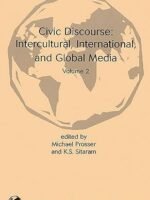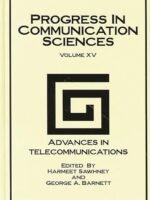What educational approaches best serve language-minority children? What policies, programmes, and circumstances encourage or contribute to minority-language maintenance? How do we make sense of the ecology of language development and socialization in non-traditional settings? And what is the relationship of language, learning, and technology?
These are the kinds of dizzying questions addressed by those working in educational linguistics. The subdiscipline first came to prominence in the 1970s, and in recent decades it has expanded rapidly. It is now a well-established field of teaching and scholarly research.
As serious academic thinking about and around educational linguistics continues to flourish and develop, this new title in the Routledge Major Works series, Critical Concepts in Linguistics, meets the need for an authoritative reference work to make sense of the subject?s vast literature and the continuing explosion in research output. Edited by Nancy H. Hornberger, Goldie Anna Professor of Education and Director of the Educational Linguistics Program at the University of Pennsylvania, USA, this Routledge Major Work is a six-volume collection of foundational and cutting-edge contributions.
With a comprehensive introduction, newly written by the editor, which places the collected material in its historical and intellectual context, Educational Linguistics is an essential work of reference. It is destined to be valued by specialists and scholars working in the area?as well as by educational policy-makers and professionals?as a vital one-stop research tool.









Be the first to review “Educational Linguistics (Critical Concepts in Linguistics)”